The West Africa Network for Peacebuilding (WANEP) convened a capitalisation and post-election workshop on 8 April 2025 to review the organisation of the 2024 elections in Senegal.
The event, held in Dakar, Senegal, formed part of the European Union-funded project titled “Election Violence Monitoring, Analysis and Mitigation (E-MAM)”. The workshop brought together national partners, regional stakeholders, ECOWAS, the United Nations Office for West Africa and the Sahel (UNOWAS), the ECOWAS Electoral Commissions Network (ECONEC), the General Directorate of Elections, the Electoral Commission, the National Council for Audiovisual Regulation, youth associations, and other key institutions. The objective was to reflect on strategies for preventing electoral violence before, during, and after the 2024 elections in Senegal.
In her opening remarks, Mrs Levinia Addae-Mensah emphasised that the event provided a valuable platform for open reflection—allowing participants to assess both the successes and the gaps encountered in the implementation of the project. She commended the entire E-MAM project team—including national partners, regional actors, ECOWAS, UNOWAS, and ECONEC—for their invaluable collaboration.
Mrs Addae-Mensah also expressed her deep gratitude to the European Union for financing the project, as well as to Catholic Relief Services (CRS) for their contributions, and to the Austrian Development Agency (ADA) and the Swedish International Development Cooperation Agency (SIDA) for their essential financial support to WANEP. She highlighted the E-MAM project’s contribution to strengthening early warning and response systems, preventive diplomacy, and community resilience, despite the complex challenges facing the region in peacebuilding, democratic governance, and security.
“I would like to salute the Senegalese people for the remarkable example they have set for West Africa and the world through the peaceful conduct of the presidential elections and last year’s successful political transition. This transition would not have been possible without the commitment and active contribution of several stakeholders present here today, whose role has been decisive for the country’s stability and democratic consolidation,” she stated.
Mr Babacar Fall, President of the National Election Response Group, commended WANEP’s leadership and recommended formalising the E-MAM approach.
“WANEP must now formalise its E-MAM approach, as it has proven its effectiveness,” he remarked during his presentation.
In his address, Mr Birame Sène, Director General of Elections in Senegal, emphasised the critical role of civil society in times of institutional transformation and shifting paradigms. He called on civil society organisations to remain true to their mission as non-institutional actors, committed to upholding the rights, duties, and responsibilities of all stakeholders in the electoral process.
Mr Sène added that his presence at the event was a clear sign of WANEP’s commitment to democratic consolidation and electoral integrity in Senegal.
“The electoral process—rooted in principles of transparency, neutrality, and inclusiveness—cannot be the sole responsibility of election management bodies,” he stated.
He concluded by praising Senegal’s efforts in raising awareness around electoral violence, training electoral actors, and supporting the ordinary revision of the electoral roll launched in February 2025.

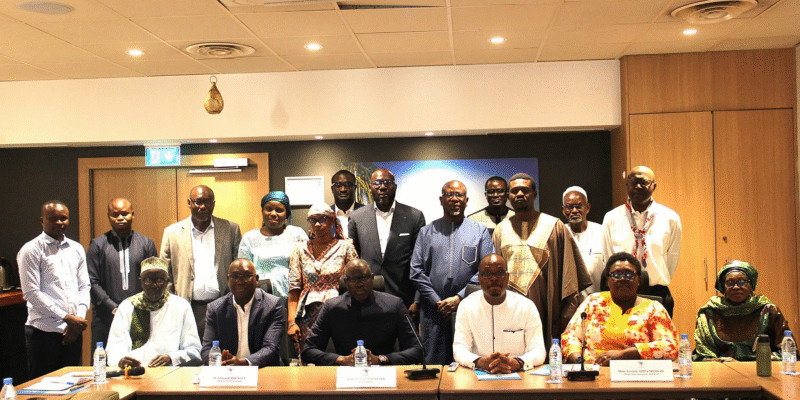
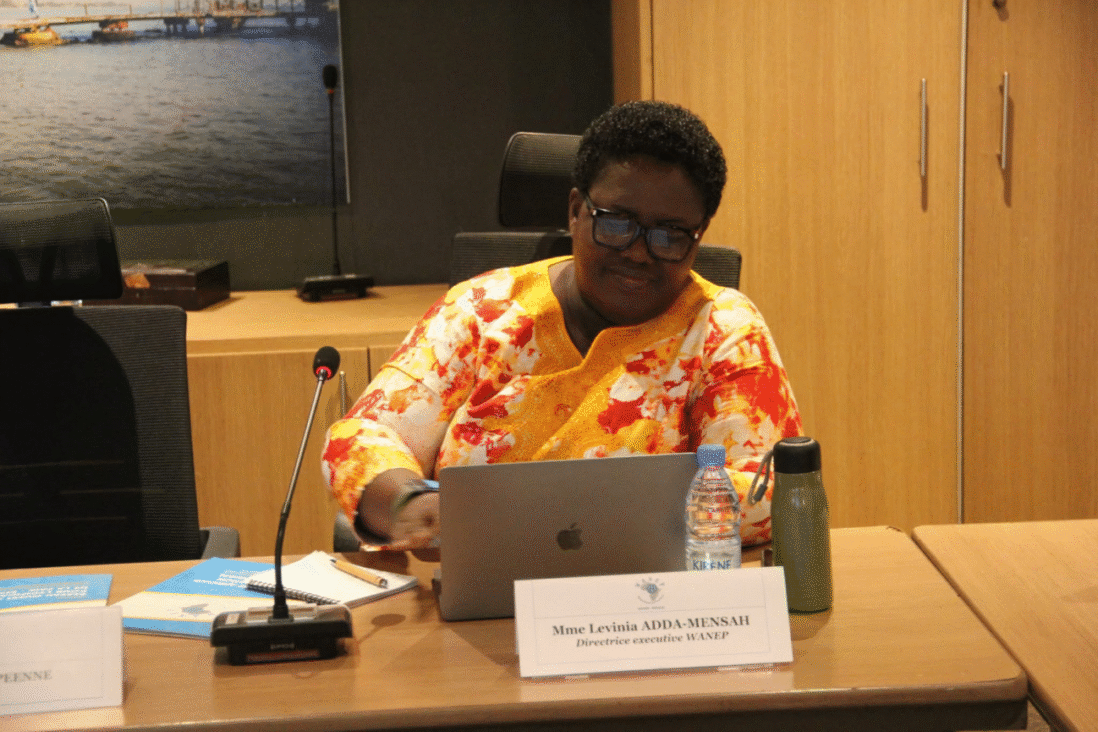
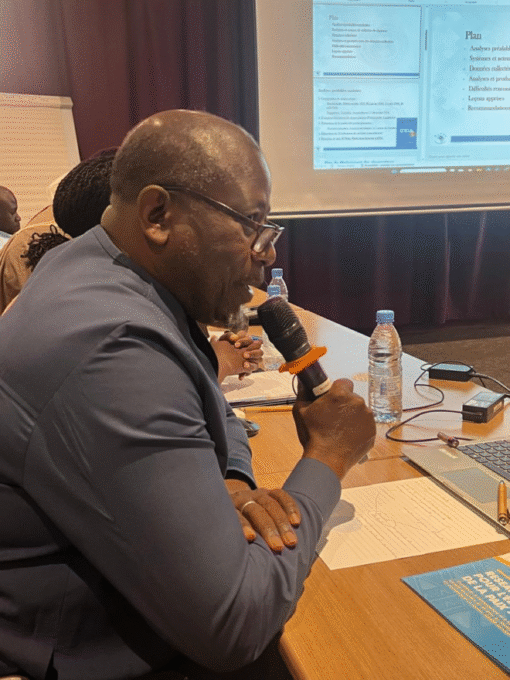


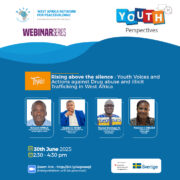
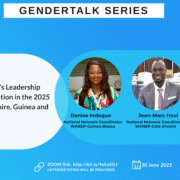
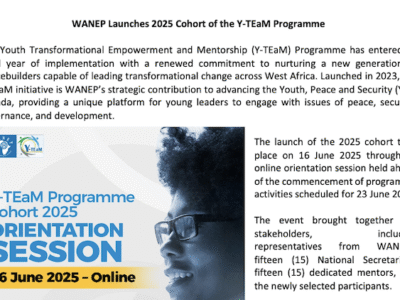
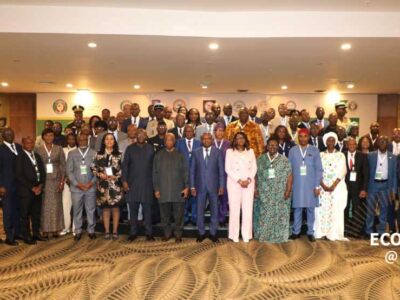
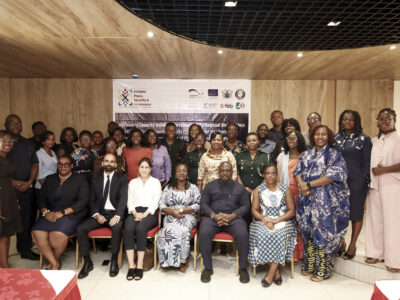


Comments